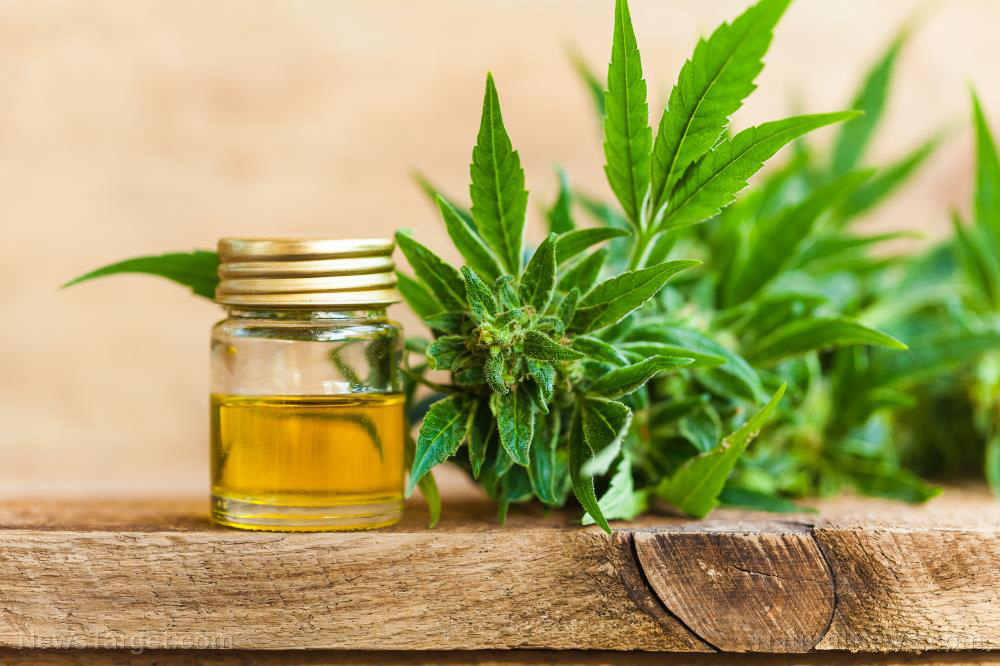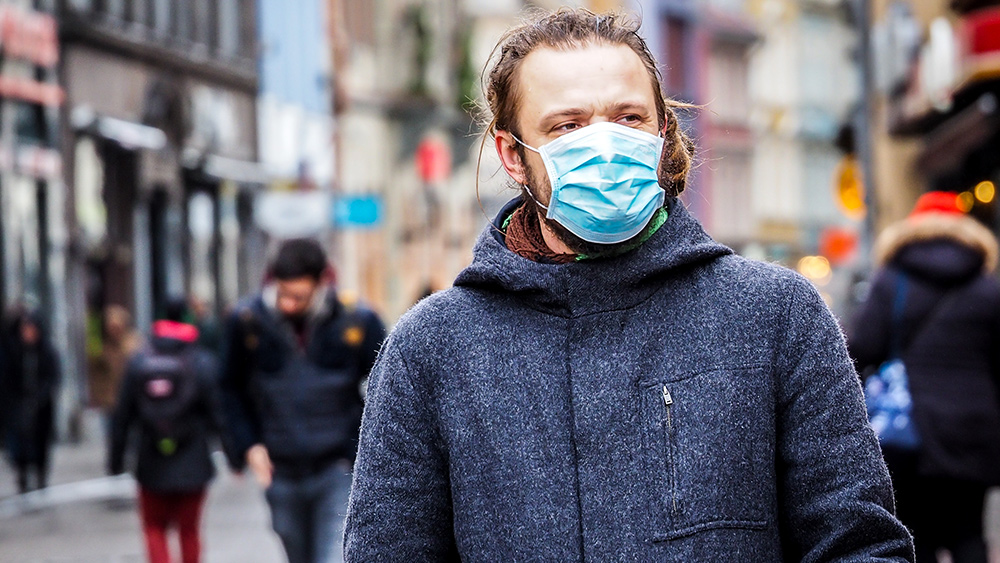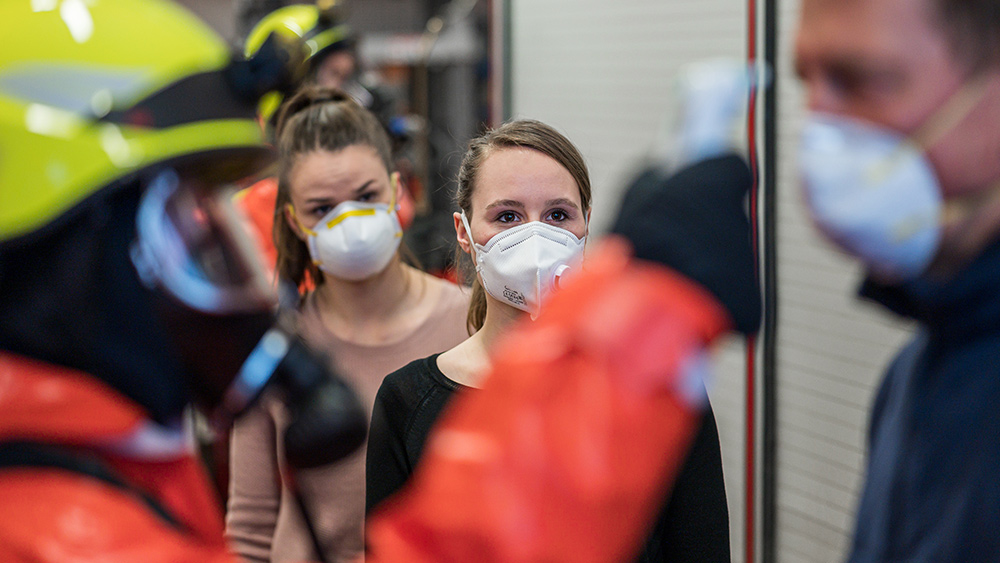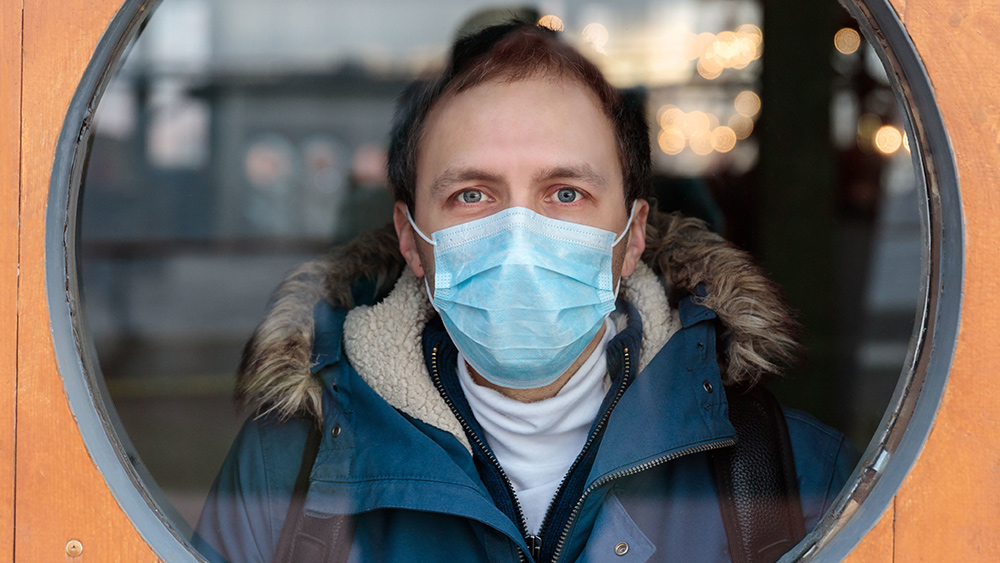Move over, antibiotics: Experts discover cannabidiol has antibiotic properties
03/19/2020 / By Isabelle Z.

Although coronavirus is rightfully dominating the headlines right now, there’s another huge threat to public health that shouldn’t be forgotten: antibiotic resistance. It’s a problem that can affect people regardless of their age or current health, and a growing number of infections that could be controlled in the past are now becoming deadly as antibiotics stop working on them. The need for an alternative is clear, and one potential solution could come from an unexpected source: marijuana.
It’s estimated that around 700,000 people die every year from drug-resistant infections like malaria and tuberculosis around the world. Bacteria adapt and learn to resist drugs when people take antibiotics that aren’t needed, and the issue is compounded by the fact that it has been decades since new antibiotics have been developed.
Cannabidiol, or CBD, a compound found in marijuana, was shown in a study to be “remarkably effective” in killing bacteria within test tubes and displayed antibiotic effects against several Gram-positive bacteria such as strep and staph. Crucially, it was even effective against strains that have already grown resistant to other types of antibiotics, and it did not lose its effectiveness after extended periods of treatment.
In addition, cannabidiol also proved effective in disrupting biofilms. This is a physical type of bacterial growth that can spur infections that are difficult to treat.
Although the results are still preliminary and the researchers are warning people with infections not to try this at home just yet, their finding could point to a viable solution to a very deadly problem.
CBD has already gained FDA approval for the treatment of one type of epilepsy and is currently being explored for its effects on other medical conditions such as pain, anxiety and inflammation. However, its potential as an antibiotic has been largely unexplored until recently.
Researchers hopeful about the potential of CBD
Dr. Mark Blaskovich, who works for the Institute for Molecular Bioscience’s Centre for Superbug Solutions at the University of Queensland, led the study. He said that the anti-inflammatory effects of cannabidiol, combined with its safety record in humans and variety of potential delivery mechanisms, mean further investigation is warranted.
He added: “The combination of inherent antimicrobial activity and potential to reduce damage caused by the inflammatory response to infections is particularly attractive.”
Their findings were presented at the American Society for Microbiology’s Microbe 2019 conference last year.
According to Blaskovich, antibiotics aren’t being researched as much now as they were three decades ago, so most of the interest in the topic these days is coming from academics and independent firms.
His research team plans to carry out another round of trials before hopefully testing it in animals and then humans if everything goes well. The studies will be performed in Australia, where the laws governing cannabis research are considered more lax. Should these projects yield desirable results, they’d like to seek FDA approval for marketing CBD as a topical antibiotic.
As scientists continue to work on a solution to the serious problem of antibiotic resistance and superbugs, you can do your part by avoiding antibiotic use unless it has been prescribed by a doctor and following the instructions for use to the letter. Don’t insist a doctor give you antibiotics if they believe you don’t need them, and don’t share or use any antibiotics that are left over. You can also prevent infections by washing your hands regularly, practicing safe sex, and avoiding close contact with people who are ill.
Sources for this article include:
Tagged Under: antibiotic resistance, bacteria, cannabis, CBD, hemp, herbal medicine, infections, medical marijuana, natural cures, natural medicine, natural remedies, research, superbugs



















